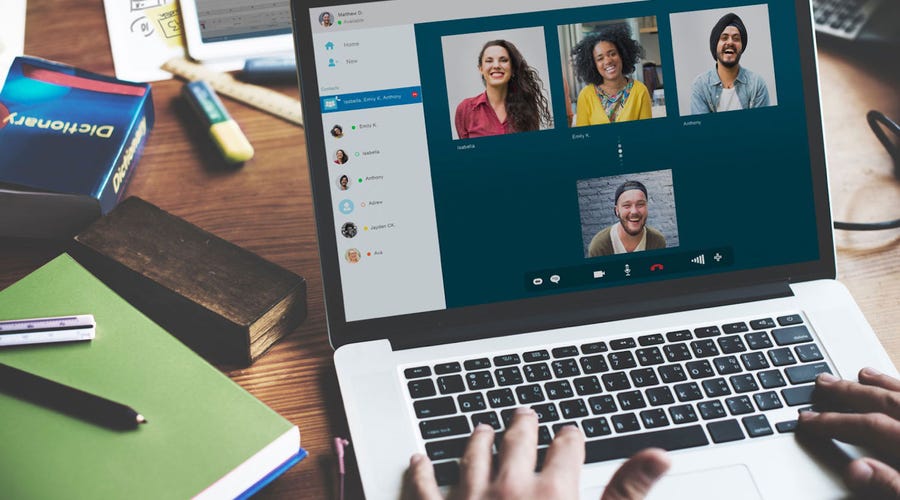
5 tips for faster, more enjoyable language learning
Berlitz
It takes a lot of fortitude and determination to learn a second language, but there are some ways to make the task easier.
1. Speak as often as possible in the language you’re learning
This is one reason Berlitz stresses the importance of conversation in its lessons.
But you can also talk outside of classes. In almost every community there are people who speak your target language; sometimes cultural centers and even entire communities. Seek them out, they’ll generally be willing, sometimes eager, to speak their native language.
2. Put yourself in real-life situations
This is easier than you think; practice as you go through your day.
If you’re walking down a street, describe the weather or the neighborhood in the language you’re learning. After watching a movie or television show, explain the plot. Try to do this as often as possible during the day; you’ll be surprised how much this helps.
People may think you’re crazy talking or mumbling to yourself, but this is also one way to over the objection that you don’t have time for language learning.
3. Use technology
It’s likely there’s someone, right now, trying to learn your native language, just as you are trying to learn his or hers. Find a partner and use Skype, Facebook or some other way to practice on each other.
Perhaps your teacher can help you find someone, but there are also websites that put people together, social media and other avenues.
You’ll be surprised how much this helps.
It’s important, however, to agree on a specific discussion topic in advance of each session, so you and your partner can prepare and stay focused.
4. Study every day
Somedays you might have hours to study your target language, and other days only 15 minutes. That OK, any time is better than nothing.
Clearly, this will help you progress faster and better retain what you have learned, but, it will also help keep you interested.
One missed day sometimes turns into two, then three, then a week and a month until you stop your language learning altogether.
5. Read and speak
Anyone with a computer can access books, magazines, newspapers and a variety of other materials in their target language.
Reading in your second language has a number of obvious benefits: better comprehensive, expanding your vocabulary, understanding the use of verb tenses and sentence structure, and many others.
- However, there are several follow-up activities that will help you progress even faster:
- After reading an article, repeat it out loud into a voice recorder. Then, compare the words you said against what you have read. Then read it again, to help perfect your pronunciation even more
Try writing a short summary of what you read, but do it in your own words without copying the article
One last tip, read about a topic which interests you; otherwise, you’ll get bored and stop.


